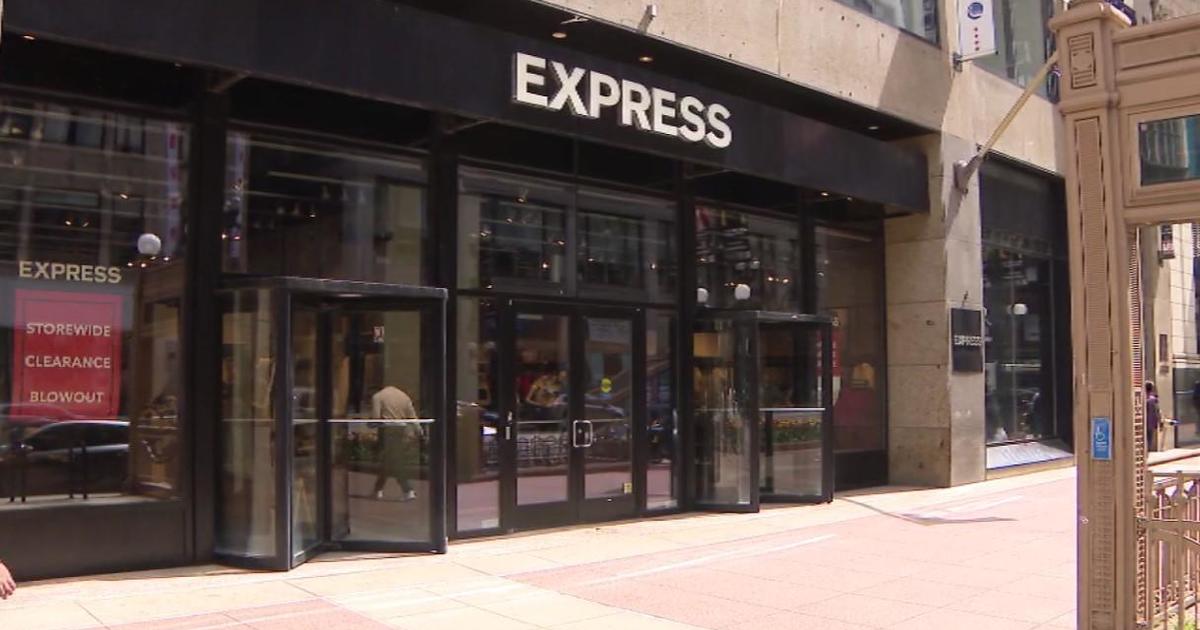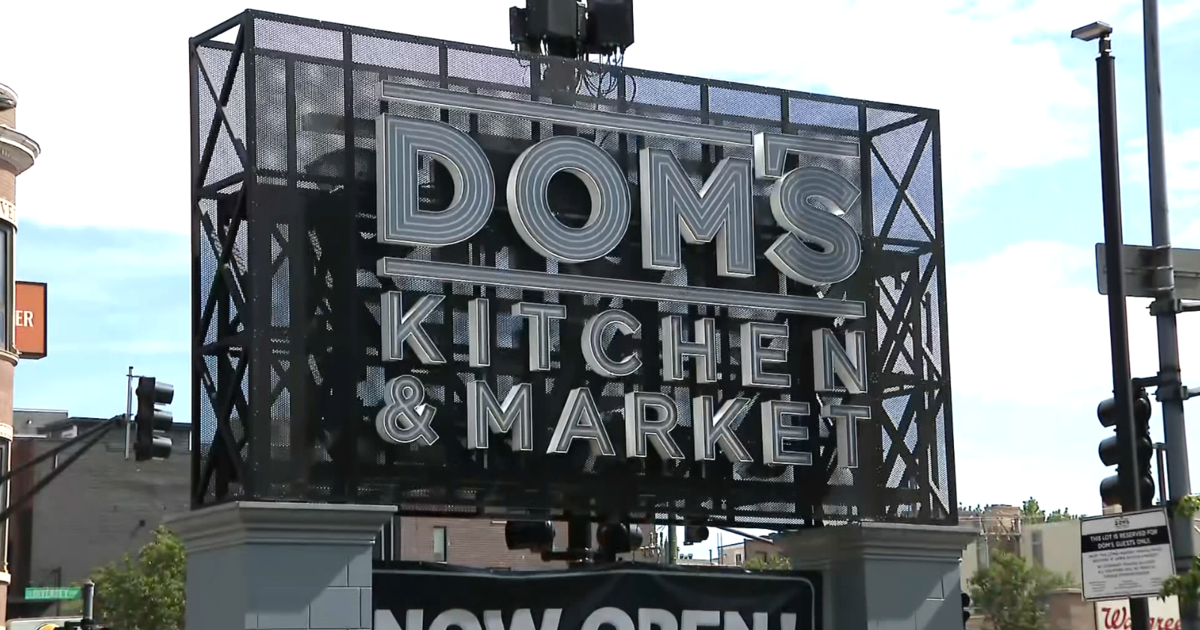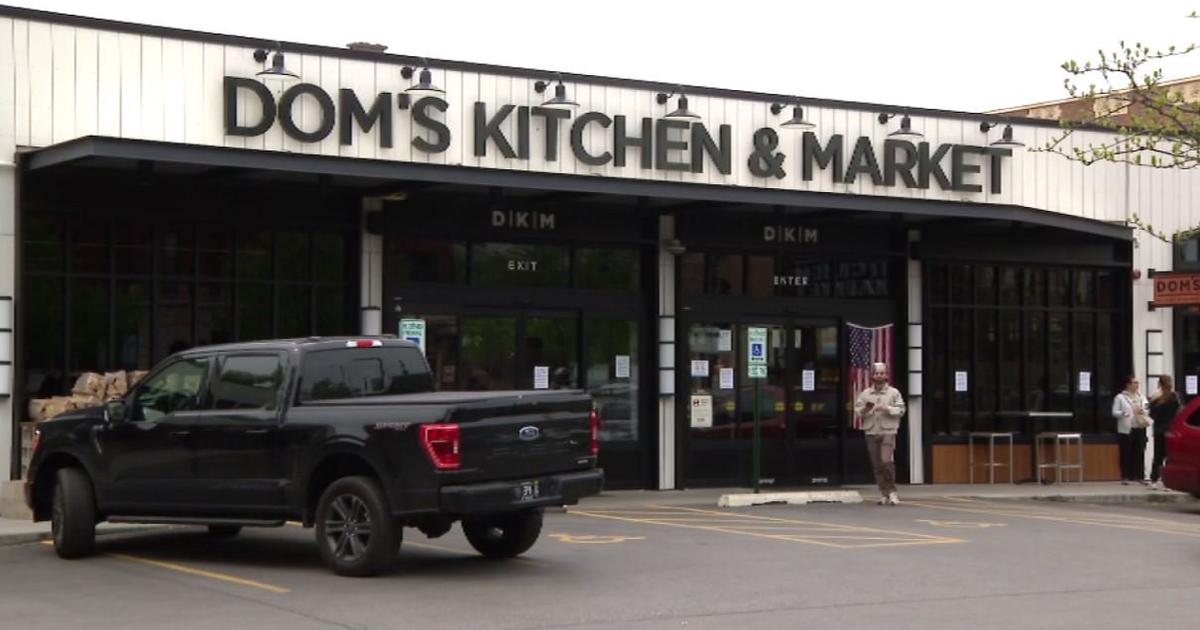Quinn Plans To Lay Off 1,900 Workers, Close 7 Facilities
Updated 09/08/11 - 3:46 p.m.
CHICAGO (CBS) -- Gov. Pat Quinn said Thursday that he is moving to lay off more than 1,900 state employees and close seven state facilities , blaming Illinois lawmakers for sending him a budget that had $2.2 billion less in revenue than he wanted.
Quinn said he signed that budget even though he didn't like it because he didn't want to give Republicans leverage to demand more "radical" cuts to state spending.
Quinn could have vetoed the spending plan, but that would have given Republicans more of a say in crafting the state's budget.
But since that budget does not include enough spending to cover the state's expenses for a full fiscal year, his hand was forced.
"The governor has to do something about it. He can't just stand still and let the sky fall," Quinn said.
Quinn confirmed he is moving forward with the closure of seven state facilities and the layoffs of more than 1,900 workers -- most of whom work at those facilities.
LISTEN: WBBM Newsradio's Steve Miller reports
Podcast
State Sen. Matt Murphy (R-Palatine), a Senate Republican budget negotiator, said there was "lower hanging fruit" in the state budget that Quinn could have cut first, before closing state facilities and laying off hundreds of workers.
"To suggest that this is the only ability he had to reduce spending in this budget would be grossly misleading," Murphy said shortly after Quinn's news conference.
But Quinn pointed the finger at lawmakers for the need to make the cuts he is planning.
"You can't spend money that you do not have, that is not appropriated by the General Assembly" Quinn said. "And I would say to our friends in the General Assembly, it's time for a rendezvous with reality."
"Any member of the General Assembly who doesn't like what I said today in terms of facility closures or layoffs, they have to realize that they voted for this. That's what they voted for in the spring. I'm carrying it out – responsibly, but we have to do it," he added.
The governor's move has already met resistance from the state's largest employee union, which had reached an election-year agreement with Quinn last year. Quinn agreed not to enact any layoffs or close any state facilities through next June in exchange for employee concessions on pay and health care costs.
The American Federation of State, County and Municipal Employees Council 31 is already in court over the governor's cancellation of pay raises the workers were promised. The union is also expected to challenge the layoffs.
LISTEN: WBBM Newsradio's John Cody reports
Podcast
Quinn has said the deal with AFSCME is not valid because lawmakers didn't provide enough money to avoid layoffs or other major cuts.
The governor said he hopes the governor will act during the upcoming fall veto session to approve more state spending.
Murphy blasted the governor for asking for more money for the budget after already signing off on a 67 percent income tax hike.
"After raising taxes on the struggling people of Illinois by over $7 billion ... you just heard the governor lament that it's still not enough," Murphy said. ""Which drives home the point and crystallizes that it will never be enough for them. You give Governor Quinn and his allies in Springfield more money, they will find a way to spend it."
"That tax increase that was sold as temporary? How temporary does it look right now when it doesn't even pay the bills we have today?" Murphy added. "The reality of the situation is the governor was right, we have to have a rendezvous of reality. He apparently is not yet prepared for that rendezvous however."
Murphy also accused the governor of targeting Republican districts in his selections for state facilities to close, as payback for Republican lawmakers' refusal to go along with the governor's plan to borrow more money to balance the budget.
"Anytime this governor wants to show that he gets that we need to cut spending, I'm not going to criticize that concept per se," Murphy said. "Although I do think it's noteworthy … how many of these jobs happen to be in districts where legislators, particularly Republicans, weren't willing to go along with his borrowing plan and is this political payback and an attempt to ratchet up political pressure?
Meantime, a rural affairs expert says shutting down state facilities to save money would actually end up hurting the economy in the long run.
WBBM Newsradio's Alex Degman reports Chris Merrett, who heads the Illinois Institute for Rural Affairs at Western Illinois University, says closing a prison would be devastating to a community dependent on the jobs.
LISTEN: WBBM Newsradio's Alex Degman reports
Podcast
"For many small towns, you lose the major employer like that, it can be a generation. It can be 10, 20, 30 years, and even then, there's no guarantee of recovery," Merrett said.
He said the departure of private and public sector employers have similar affects. For example, he says the cities of Canton and Carthage in western Illinois still have not fully recovered from the departure of International Harvester and Carthage College, respectively.



